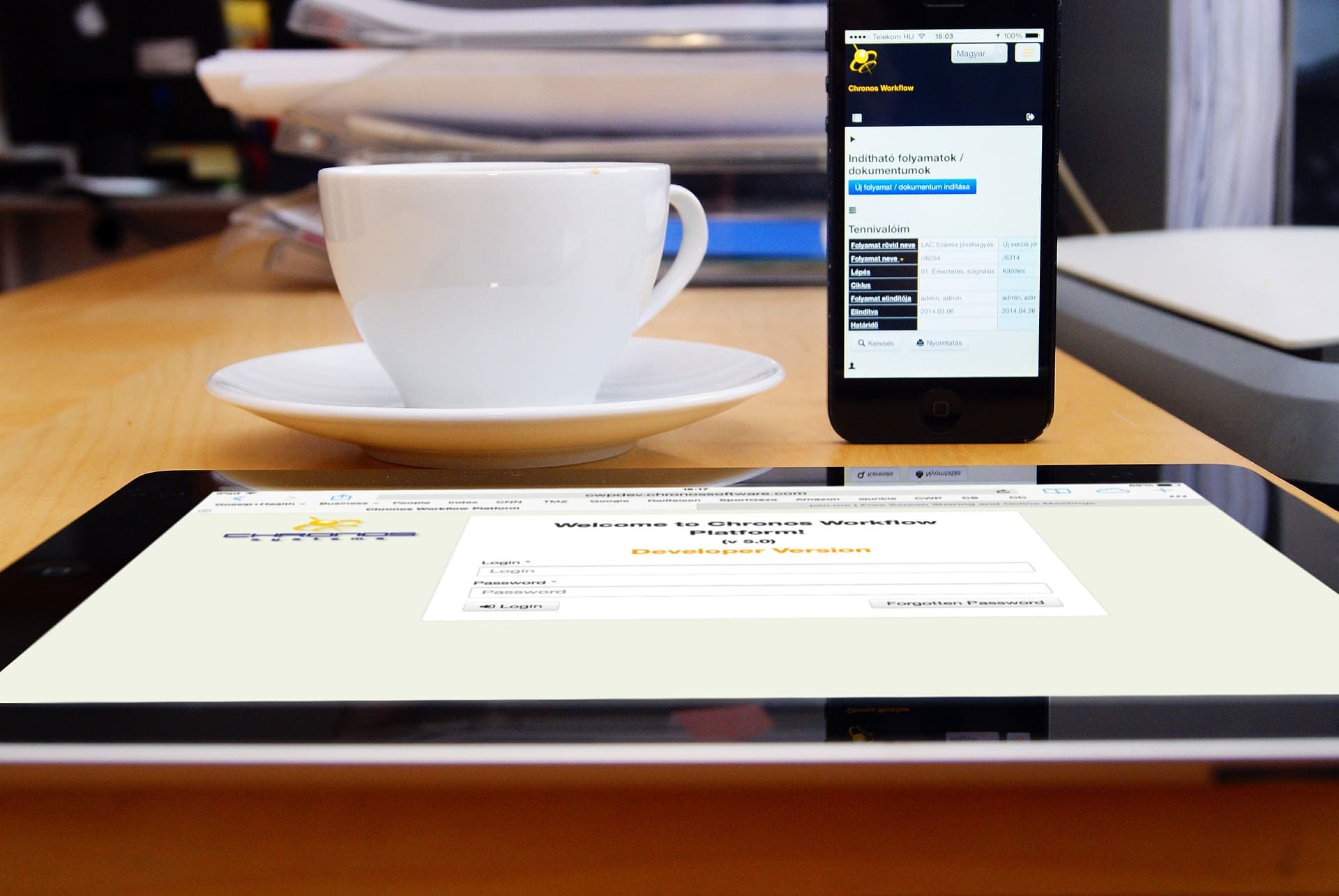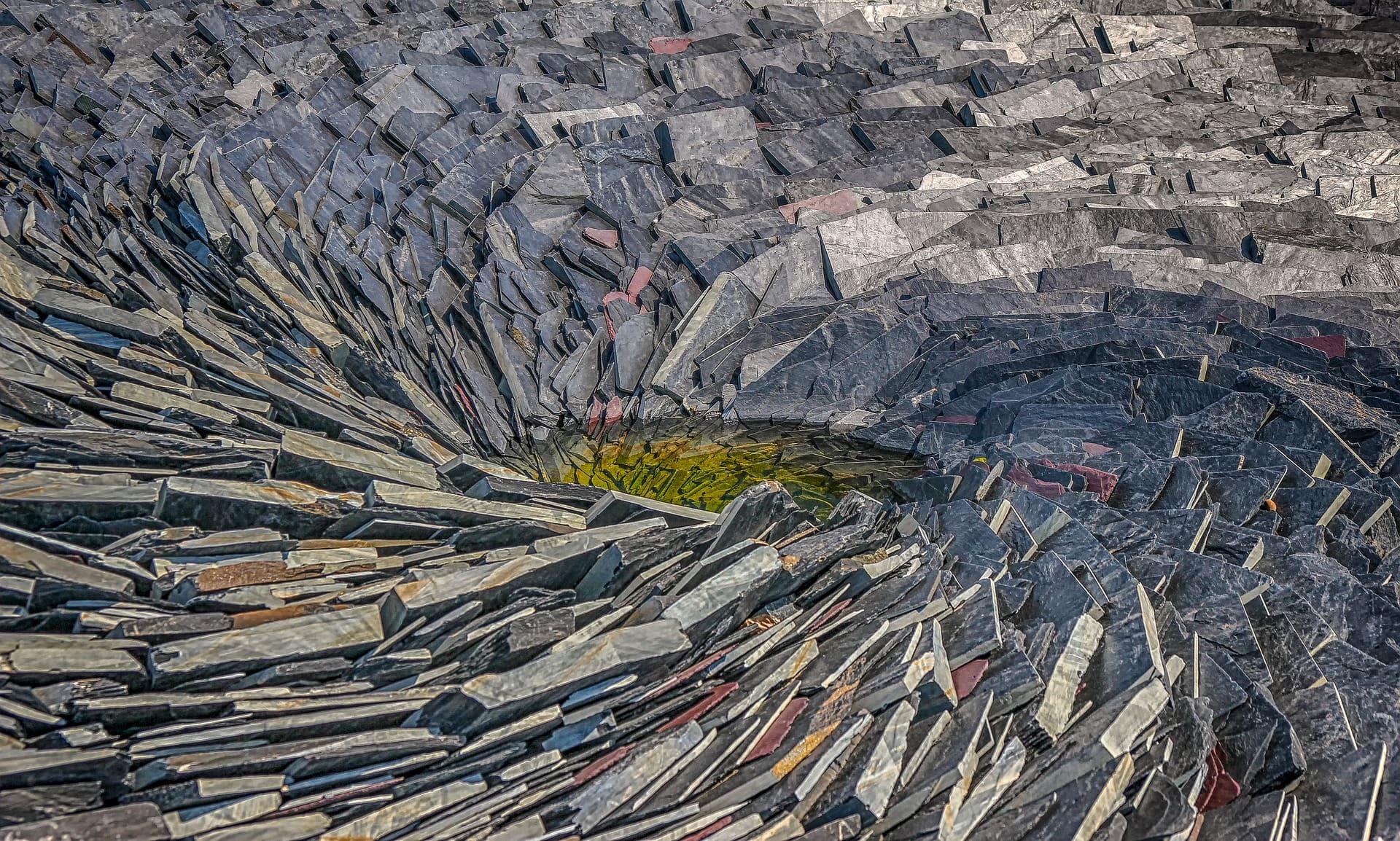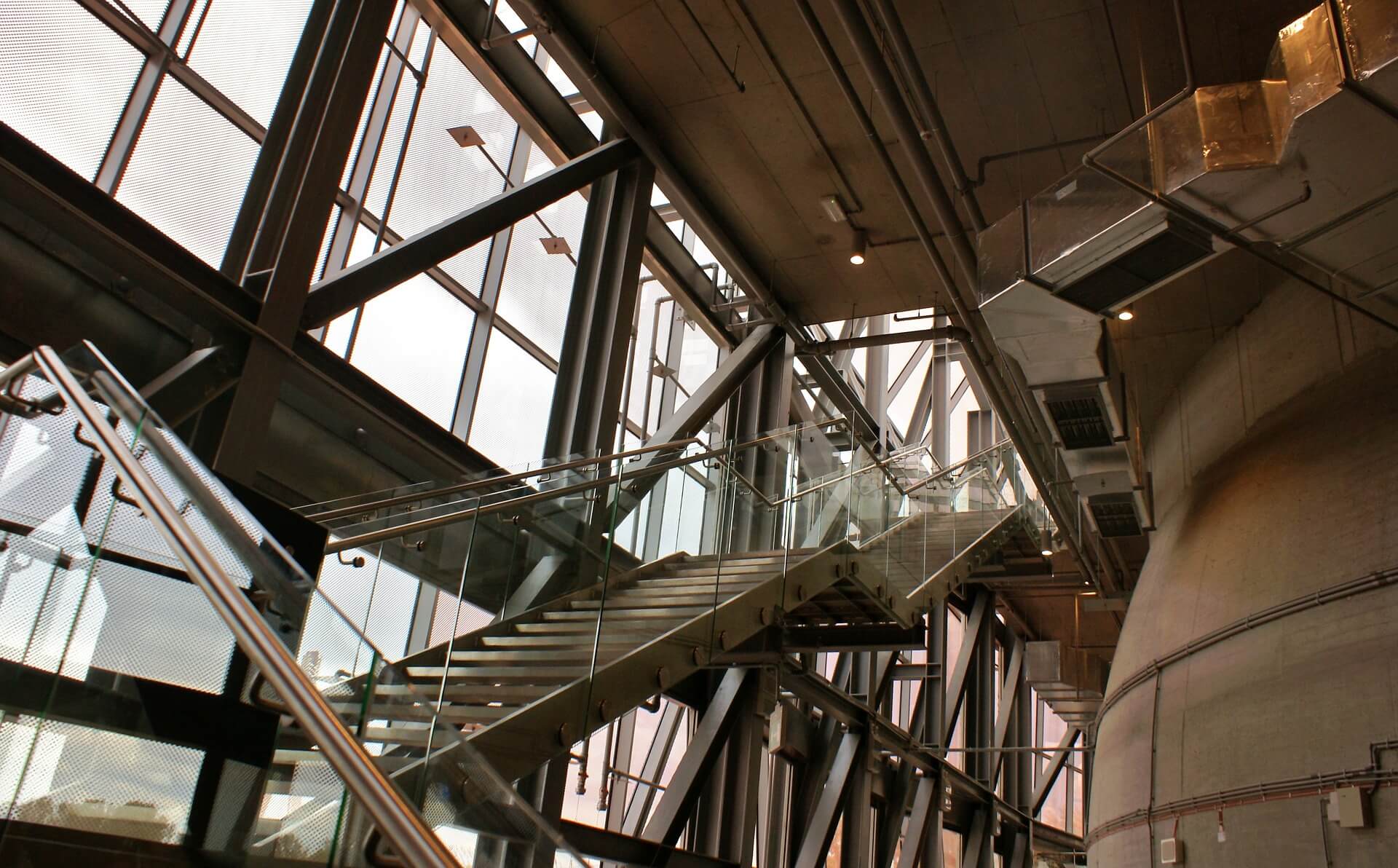There has been a societal shift with the rising preference for green goods and services.
For a construction business, incorporating eco-friendly materials and practices has become necessary to conserve our planet. Additionally, there is an increasing demand for green construction.
In fact, a study by IBM stated that nearly 70% of consumers in the US and Canada think it’s important that a brand is sustainable or environmentally-friendly. While this study was focused on consumer goods, the demand for sustainability is also growing in the construction sector.

Here are some ways you can make your construction business more eco-friendly.
- Go Paperless
When every other industry is going digital, why are you still using paper blueprints and documents?

In addition to being extremely wasteful, paper documents are hard to manage and easy to misplace. Upgrade your paperwork by switching to construction management software. Using digital tools is much more efficient, cost-effective, and sustainable.
- Use Eco-friendly Materials
There are sustainable alternatives available for several common construction materials such as concrete, bricks, and wood.

You can lower your carbon footprint by opting for green construction materials like bioconcrete, refurbished wood, wool bricks, laminated timber, and so on.
- Sustainably Tackle Oil Spills
Oil and diesel spills aren’t uncommon on construction sites. If not treated properly and promptly, these spills can be hazardous for people, animals, and the environment.

Instead of letting harmful liquids seep into the surface, use the right products for quick and effective oil spill cleanup. To ensure sustainability, it would be best to purchase reusable products made with recycled waste.
- Conserve Water
Unfortunately, water wastage is prevalent on construction sites. You can cover concrete surfaces to prevent excess evaporation and set up a rainwater harvesting system to reuse water.

Furthermore, make sure your water transportation vehicle is leak-free. Installing a water meter is also helpful for keeping track of everyday water usage and accordingly taking suitable measures to lower it.
- Switch to Renewable Energy
Generating conventional energy by burning fossil fuels is increasing greenhouse gas emissions in the atmosphere, which is one of the leading causes of global warming.

You should consider fully or partially meeting your energy requirements with renewable energy sources.
- Use Energy-Efficient Lighting
Proper lighting is necessary to ensure smooth and safe operations during the night.

Replace halogen or incandescent lighting with LED lights for increased energy-efficiency. LEDs are highly durable, as well as cost-effective.
- Adopt Green Practices
In addition to incorporating green products, start implementing eco-friendly practices.

For example, instead of throwing away materials after demolition, find ways to recycle these materials for other construction projects.
- Get Green Certification
Any client looking for a green company is going to ask for a valid certification they can trust.
Get a green certification to show your consideration for the future of our planet.
- Offer Prefabricated Construction
Hauling all the materials and equipment on the construction site can often be uneconomical and time-consuming.

Offer prefabricated constructions by manufacturing structures off-site to save time, money, and resources.
- Invest in New Technologies
New technologies and equipment are designed to get the job done fast and efficiently while minimizing waste.

Your current equipment may be working fine, but by investing in newer technologies, you can enjoy long-term cost savings.
- Use Locally-Sourced Materials
It takes a lot of fuel and energy to transport materials over long distances.

You can avoid that and keep your carbon footprint in check by sourcing material from local suppliers.
The Bottom Line
It would be unfair and nearly impossible to transition into a green construction business overnight. The main goal is to start and change steadily. Making your construction business environmentally-friendly is an effective way to help our planet, save costs, and win new customers, so what are you waiting for?







